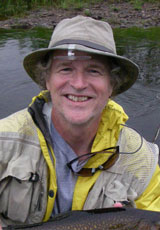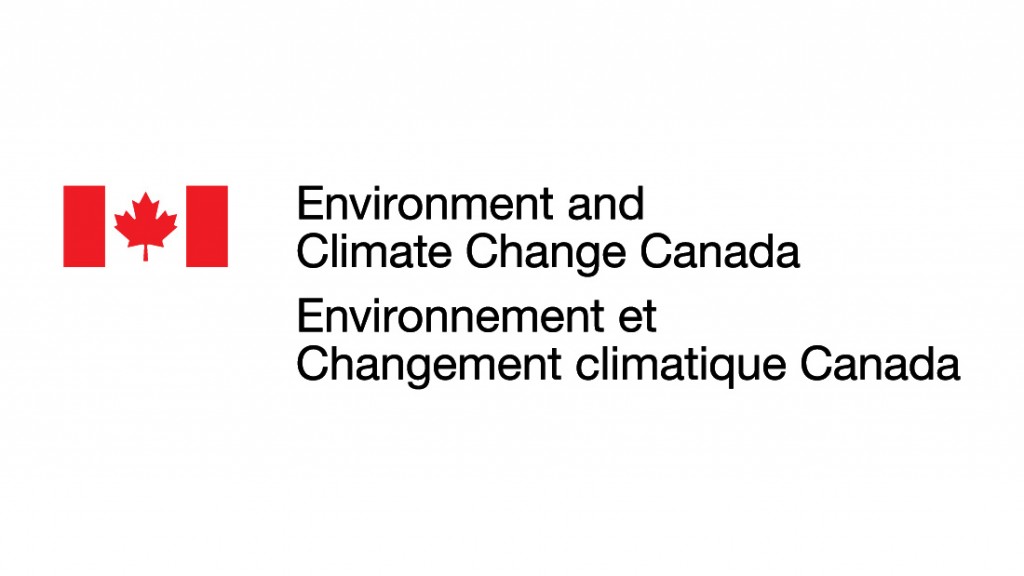B2 will develop hydro-ecological metrics that are coupled with MODSIM (B1) as assessment endpoints for scenarios generated to inform decision-making in Theme C. It initially draw on hydrometric data to identify priority areas across gauged reaches of the Saskatchewan River Basin, using the presumptive standard method (Richter et al. 2012). In six years, this package will compile data from existing literature and available databases, and add new field data on two common biological indicators (benthic invertebrate communities and fish recruitment or survival) to validate flow metrics generated. Site selection for field data collection is key to distinguish the impact of flow regimes from other processes impacting ecological health, such as industrial contamination. Expected flow-ecology relationships will be synthesized using a structured literature database based on a network meta-analysis described by Monk et al (2019). In collaboration with the research teams for IMPC Themes B and C, and with collaborators in a workshop, this package will then evaluate metrics (e.g. peak and low flows, rate of rise and fall) for the watersheds and regions of interest, including the Saskatchewan River Delta (SRD), the Bow River, and channels downstream of large water management infrastructure (e.g. Gardiner Dam) in the Nelson-Churchill. Ecological performance indicators will be developed to achieve multiple targets under the current flow regime, considering ecological objectives defined by stakeholders.
Year 1: Additional compilation of data using the network meta-analysis approach to predict ecological outcomes in priority areas. Data collection for key fish species (sturgeon, walleye, northern pike) in the SRD.
Year 2-3: Validate flow-ecology relationships based on compiled data and newly collected field data. Y3: Continued validation of flow-ecology relationships. Synthesis and application in knowledge mobilization processes and products such as recommendations for ecological data needs, a report card on ecological impacts and communication with key stakeholder groups.
Progress so far:
(i) A selection of hypothesized flow-ecology relationships for the SRD is now available and initial data for ecological components of the river system that relate to flow is generated, including data on invertebrate populations, fish landings, fur-bearing mammals and waterfowl;
(ii) A series of ecological performance indicators for flows in the Saskatchewan River basin are expected by end of Year 3 (e.g. percent deviation from natural flow).
Lead:
 |
Tim JardineAssociate Professor |
Co-Leads:
 |
Allen CurryProfessor
|
Highly Qualified Personnel:
|
Jennifer Lento Research Scientist |
Research: Northern river ecosystems; biomonitoring |
The research team works closely with collaborators from Environment and Climate Change Canada (ECCC) and individuals from the SRD Delta Stewardship Committee. The team has well-established relationships in SRD communities and has recently formalized a research MOU with the community (see Letters of Support). A workshop will be used to assess ecological indicators important to the community in Yr 3 of IMPC. In the next phase, the team will partner directly with the Cumberland House Fisherman’s Co-op for field data collection. The investigators also maintain regular contact with ECCC, Fisheries and Oceans Canada and the Saskatchewan Water Security Agency through emails, in-person visits and co-supervision of a research associate. Knowledge dissemination products such as plain language reports and a report card summarizing ecological issues are planned.
 |
Environment and Climate Change Canada |
 |
Fort Resolution Metis Council |
|
Delta Stewardship Committee |
Selected Publications
-
Abu, R., Reed, M.G., and Jardine, T.D. (Accepted). Demonstrating how to bridge science and indigenous knowledge to understand change in the Saskatchewan River Delta. International Journal of Water Resources Development. DOI: 10.1080/07900627.2018.1558050.

